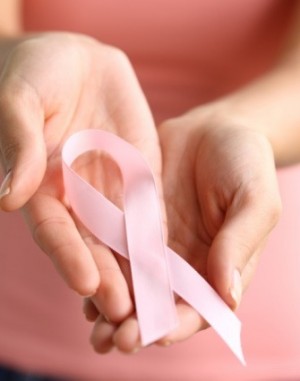I first saw the article Thursday night on Facebook, then stayed up until midnight reading it. In a helluva story, Peggy Orenstein addresses The Feel-Good War on Breast Cancer in this Sunday's New York Times Magazine.
Orenstein is uniquely situated to write an article she hopes will "help change the national conversation." She's been treated for breast cancer twice in the last 15 years, including a mastectomy last fall, and the Times Magazine -- for which she writes regularly -- is one of the most powerful publications in the world.
Orenstein was first diagnosed with breast cancer in 1997 after her doctor sent her for a screening mammography. "I used to believe a mammogram saved my life," she writes as the opening line of her piece. Today, she's not so sure.
As she writes in the Times:
Sixteen years later, my thinking has changed. As study after study revealed the limits of screening — and the dangers of overtreatment — a thought niggled at my consciousness. How much had my mammogram really mattered? Would the outcome have been the same had I bumped into the cancer on my own years later? It’s hard to argue with a good result. After all, I am alive and grateful to be here. But I’ve watched friends whose breast cancers were detected “early” die anyway. I’ve sweated out what blessedly turned out to be false alarms with many others.
She goes on to clearly and comprehensively detail the benefits and the harms of mammography, that breast cancer is not one disease, but many.
